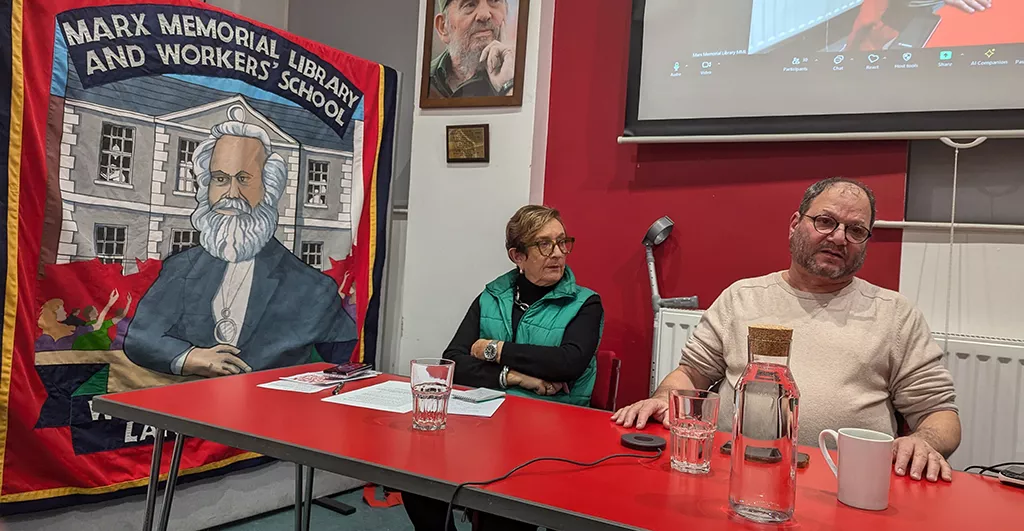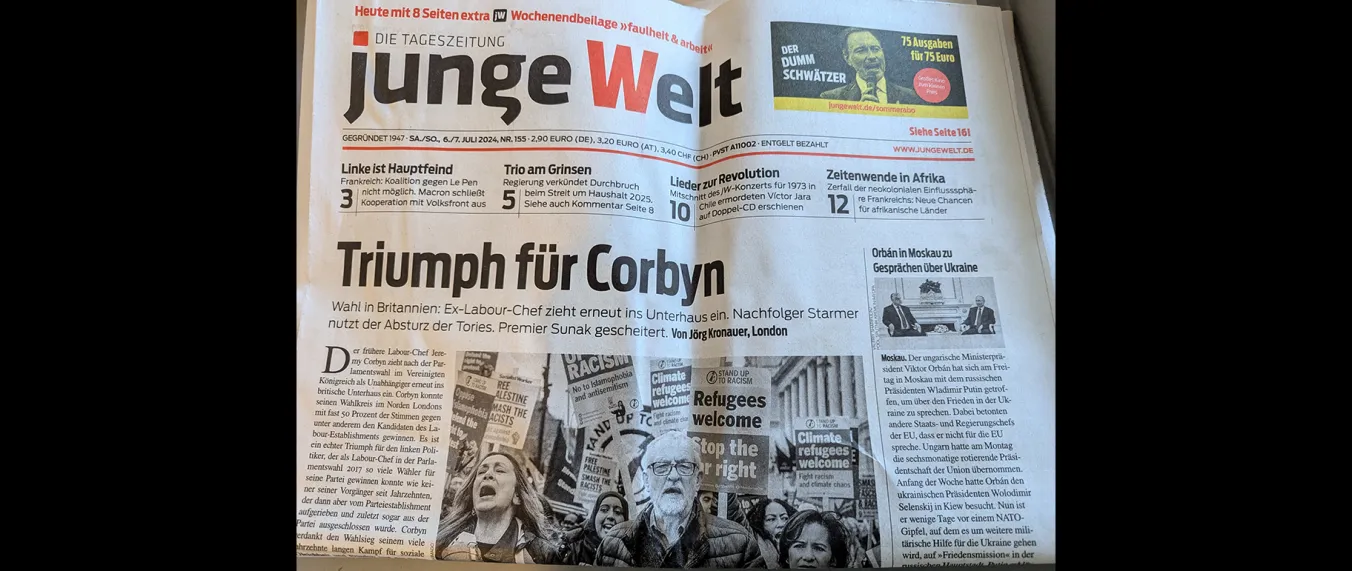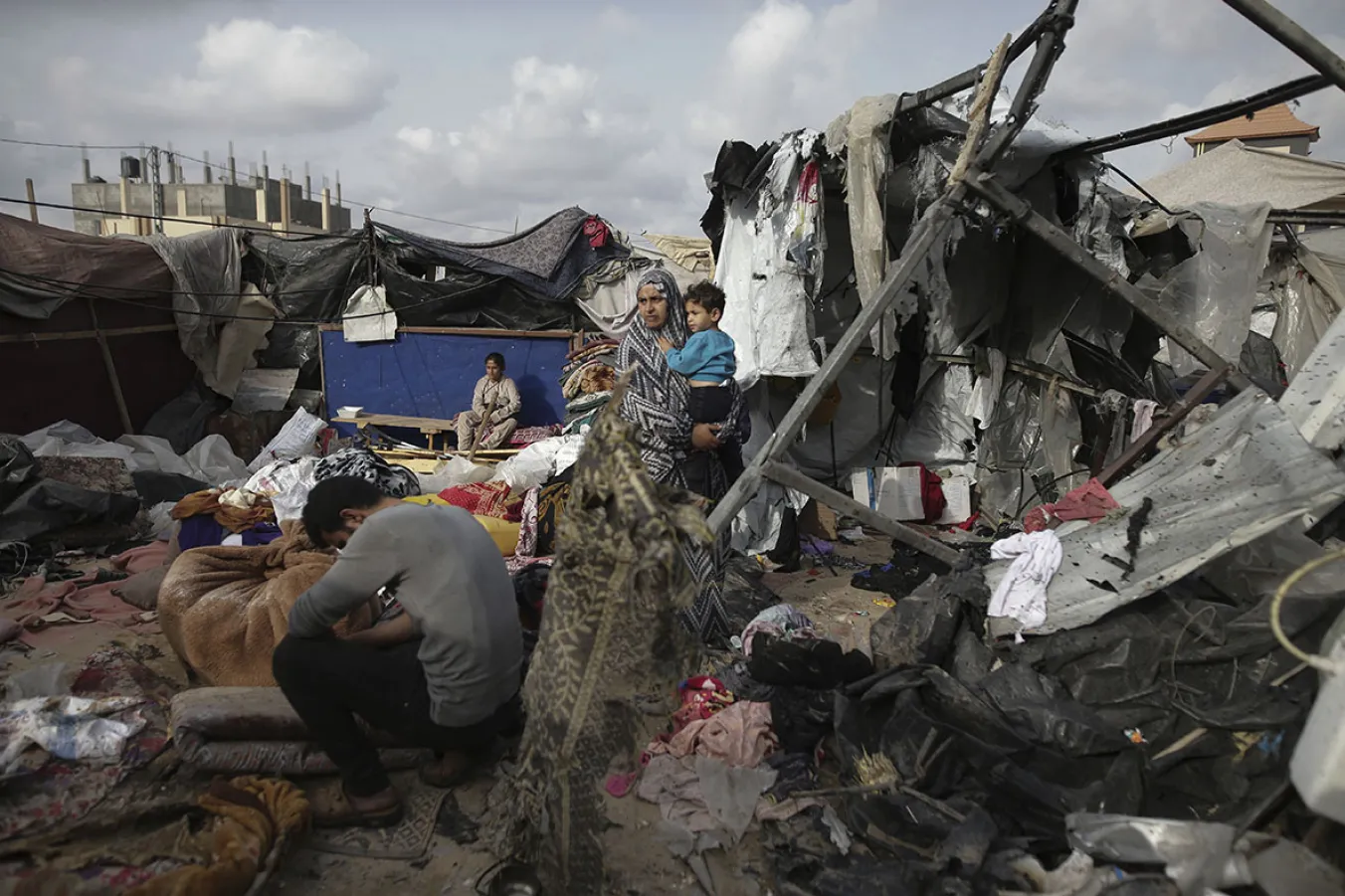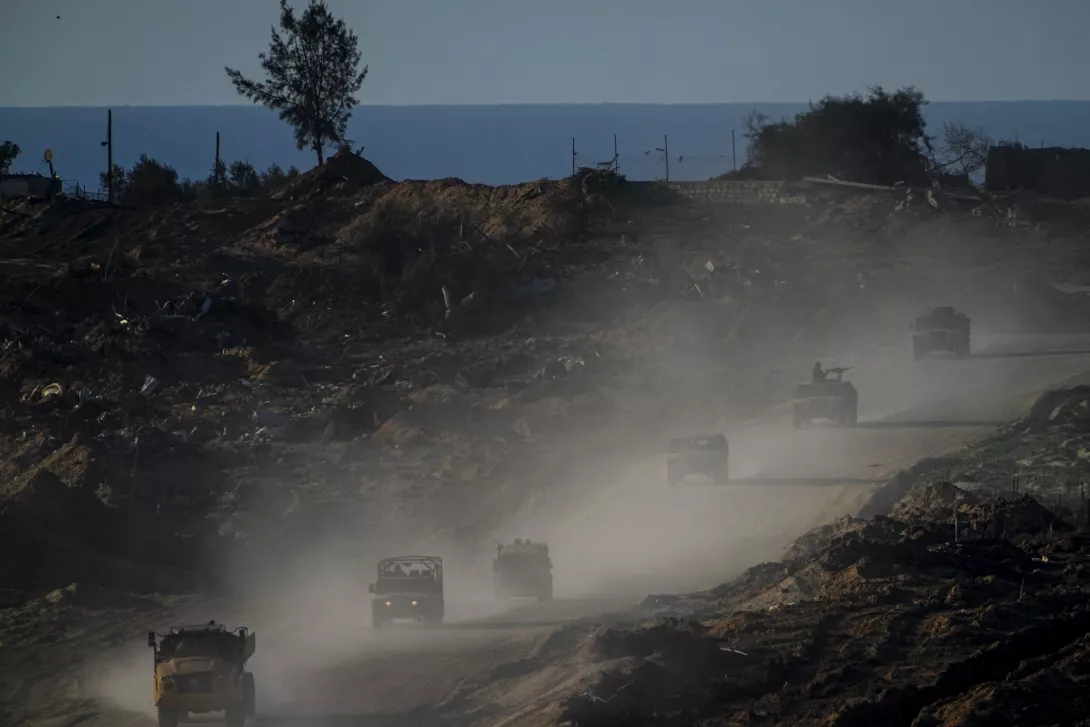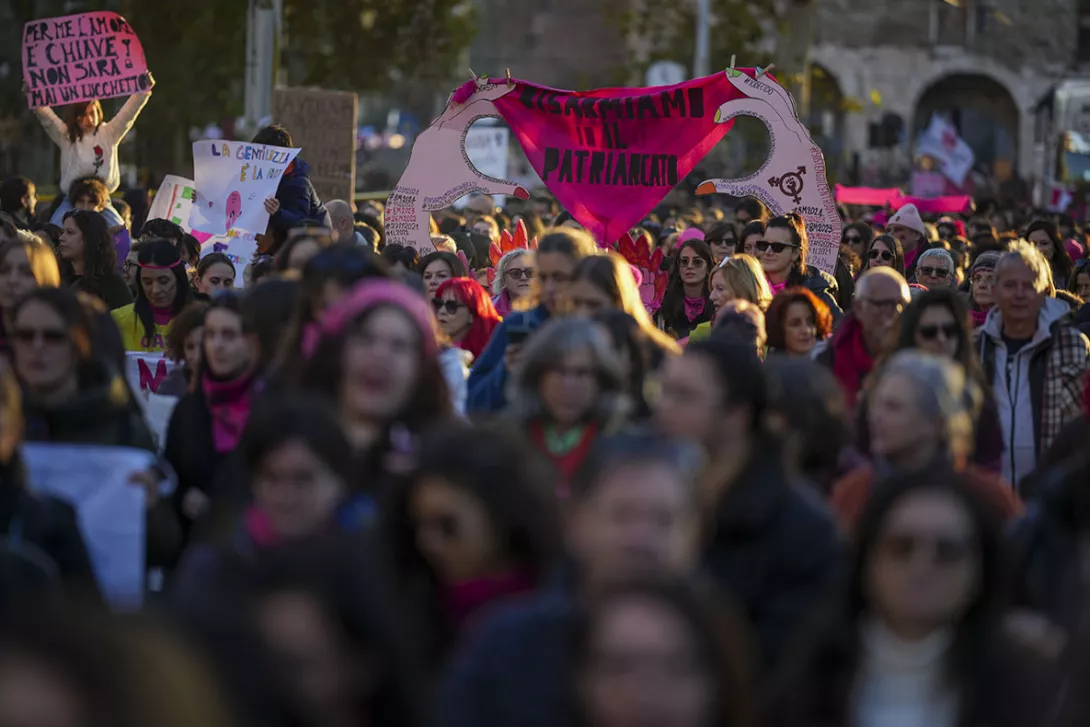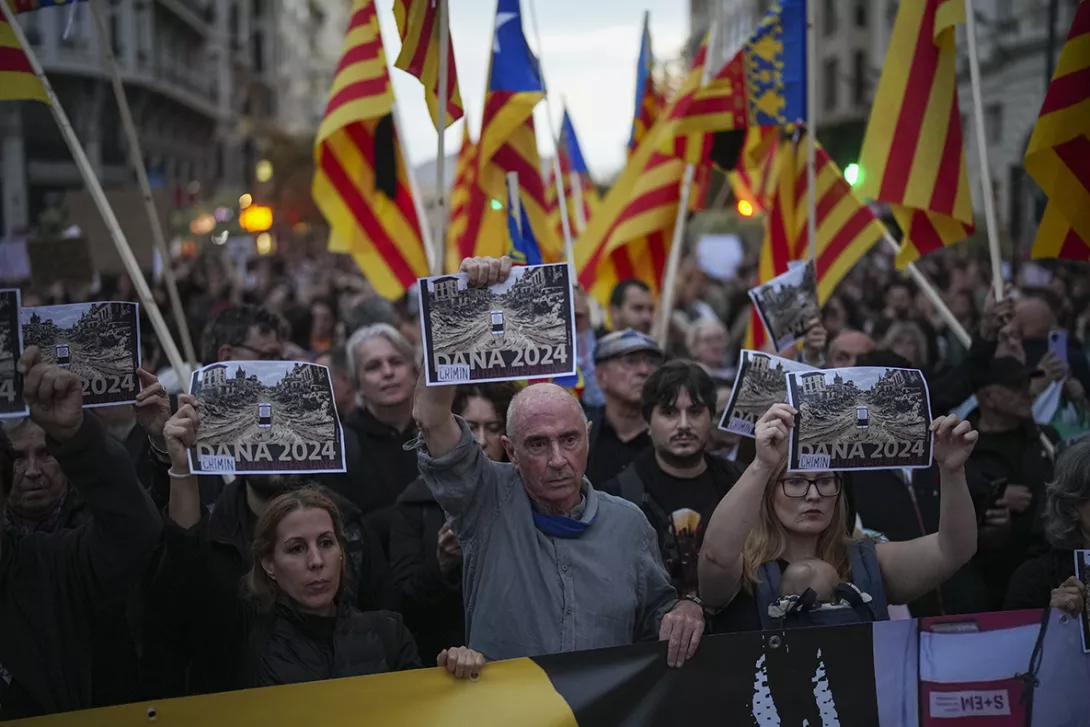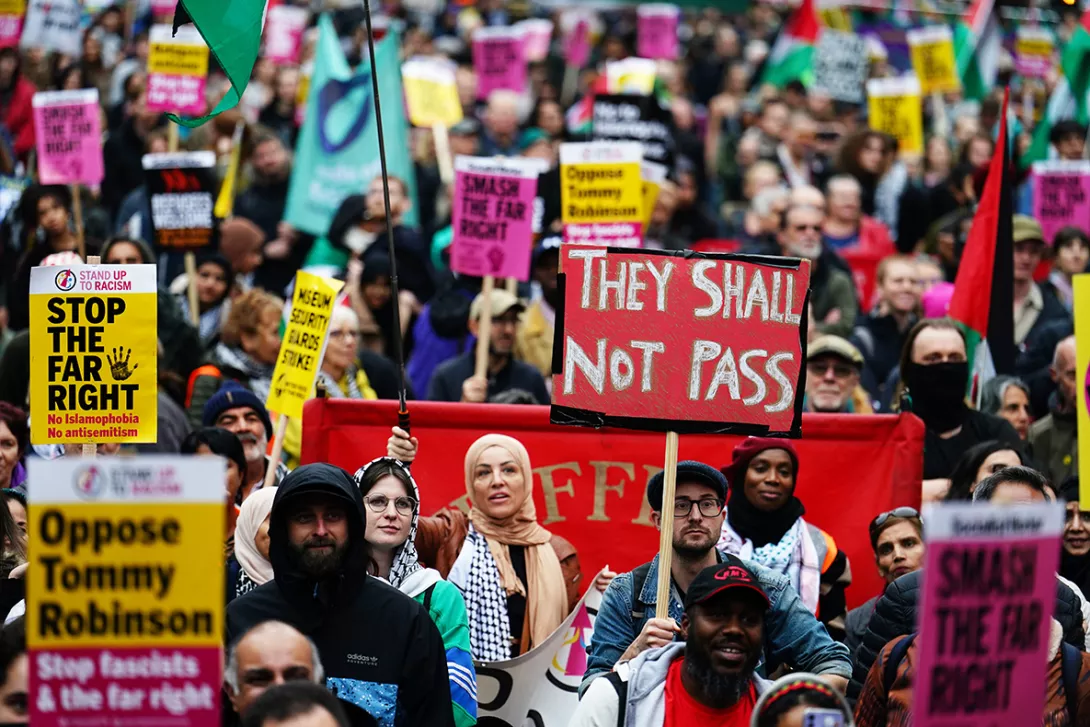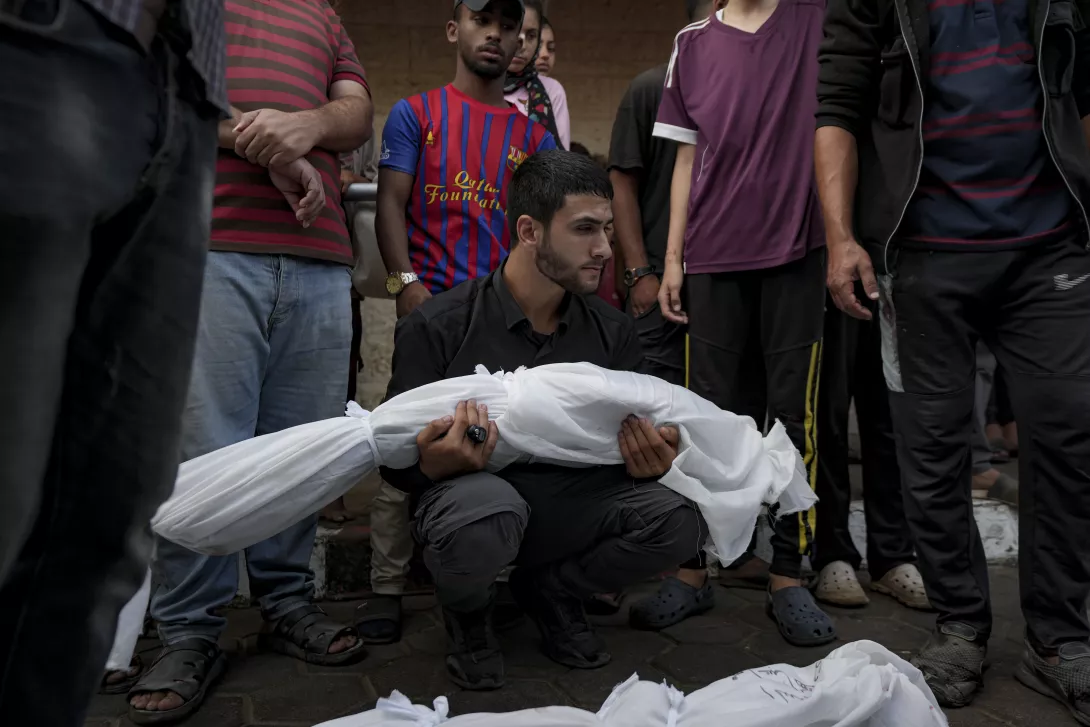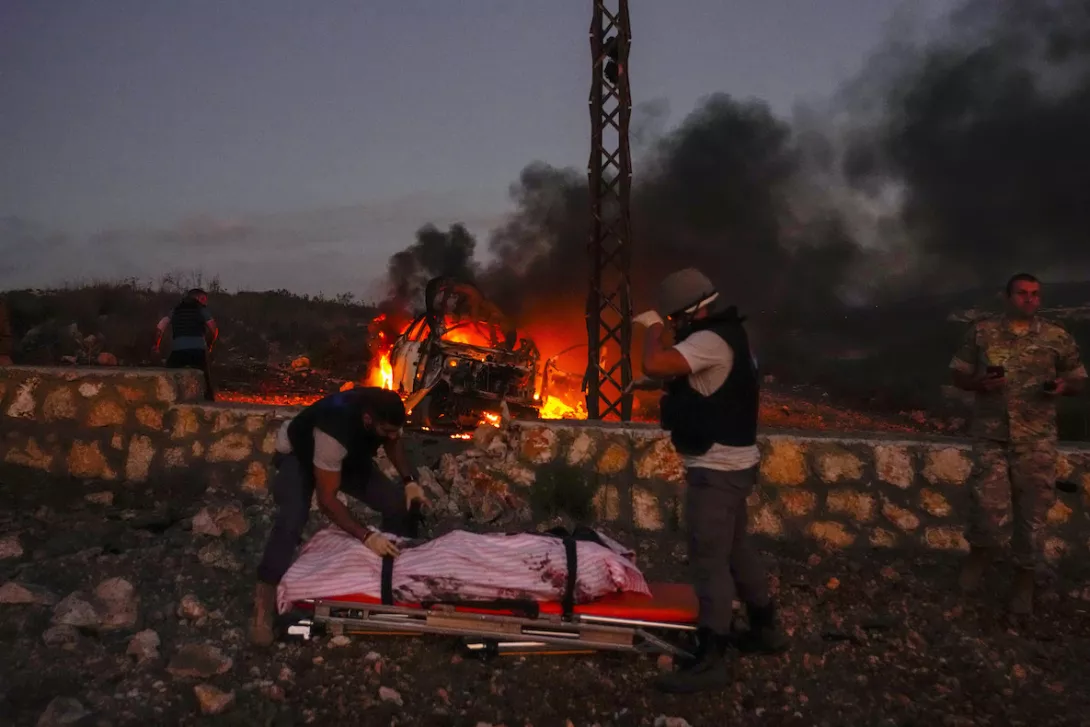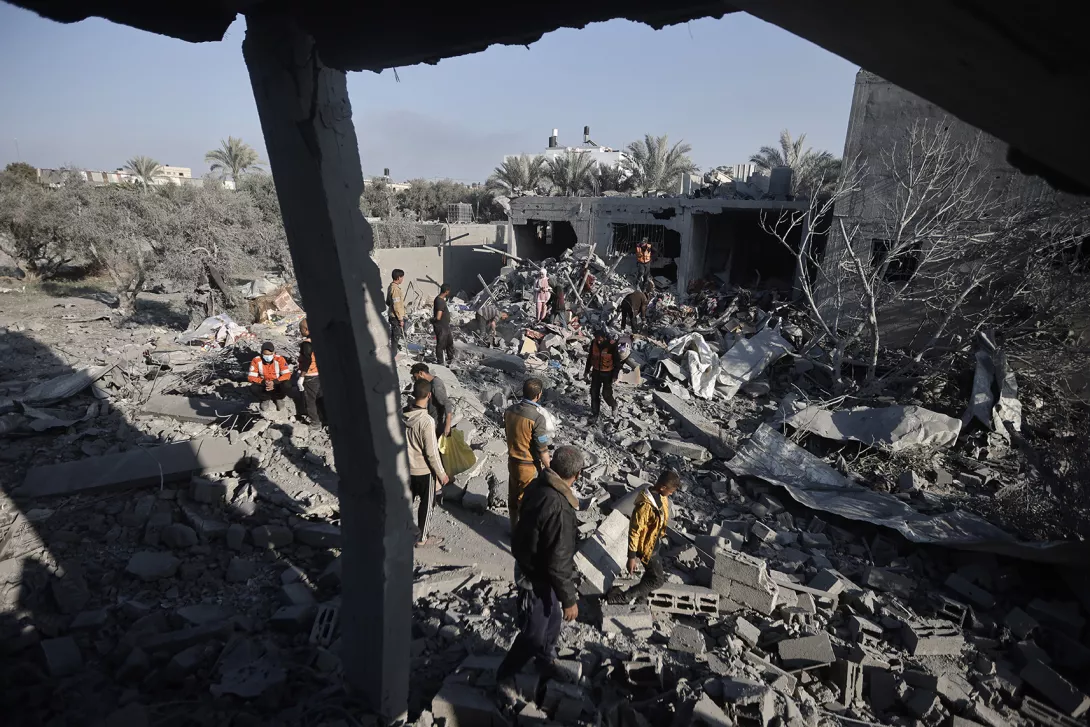
ONE-HUNDRED-AND-TWENTY journalists were killed in 2023, the International Federation of Journalists (IFJ) reports — a sharp rise on the 68 killed in 2022, itself a leap from the 47 killed in 2021.
The journalists’ global union federation published a list of journalists killed ahead of the United Nations’ Human Rights Day on December 8, when the figure stood at 94 but has issued an updated end-of-year list, given the alarming number — 26 — killed in the last three weeks.
Eighty-two of the 120 (68 per cent) were killed as a result of Israel’s war on Gaza — 75 Palestinians, as well as four Israelis and three Lebanese journalists.
Another three media workers were killed in Syria, where fighting continues between the government of Bashar al-Assad, jihadists and Kurdish groups. Turkish and US troops are also present backing the jihadists and Kurdish Syrian Democratic Forces respectively, while Russian, Iranian and Lebanese Hezbollah forces remain in the country working with the government, and Israel regularly bombs ports, airports and troops.
Other regions saw far fewer killings, but 12 were killed in the Asia-Pacific, with India’s three making it the most dangerous country in the region for journalists last year. Mexico and Guatemala, with three deaths each, led in the Americas tally of 10. Eight journalists were killed in Africa, and four in Europe, three of them (a Ukrainian, a Russian and a French journalist) in the Ukraine war.
The IFJ said nine in 10 deaths had not seen anybody held to account. Eleven of the 120 were women.
“Today our thoughts go out to journalists’ families and our colleagues in world newsrooms who are mourning the deaths of colleagues killed for simply doing their jobs.
“While we always remind journalists that no story is worth their life, there are too many situations where they are deliberately targeted to cover up stories and restrict the public’s right to know. It is a democratic right of citizens to be duly informed; it is governments’ responsibility to ensure journalists are protected to report independently,” IFJ general secretary Anthony Bellanger said.
The IFJ is calling for a binding UN convention that forces states to adopt mechanisms to protect journalists’ safety and independence.
